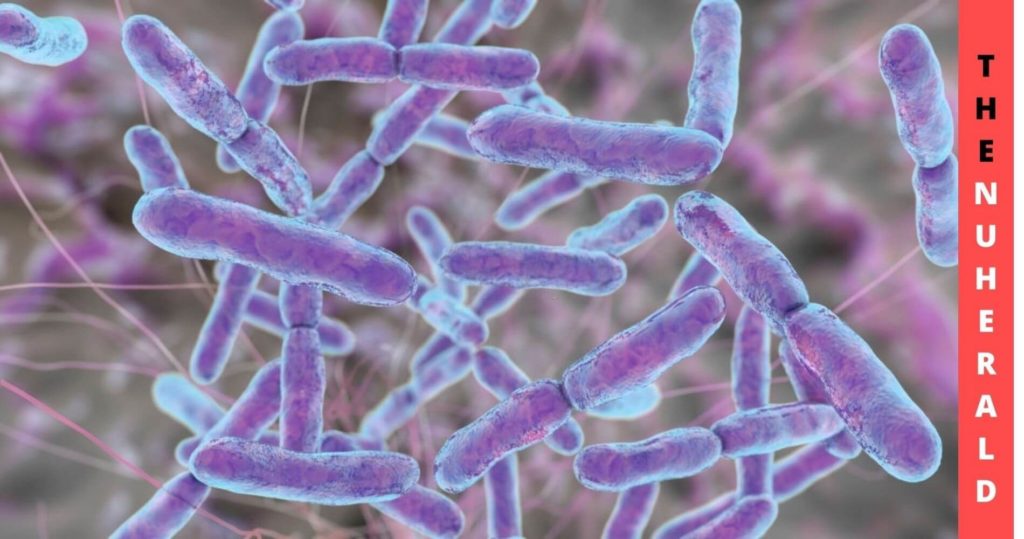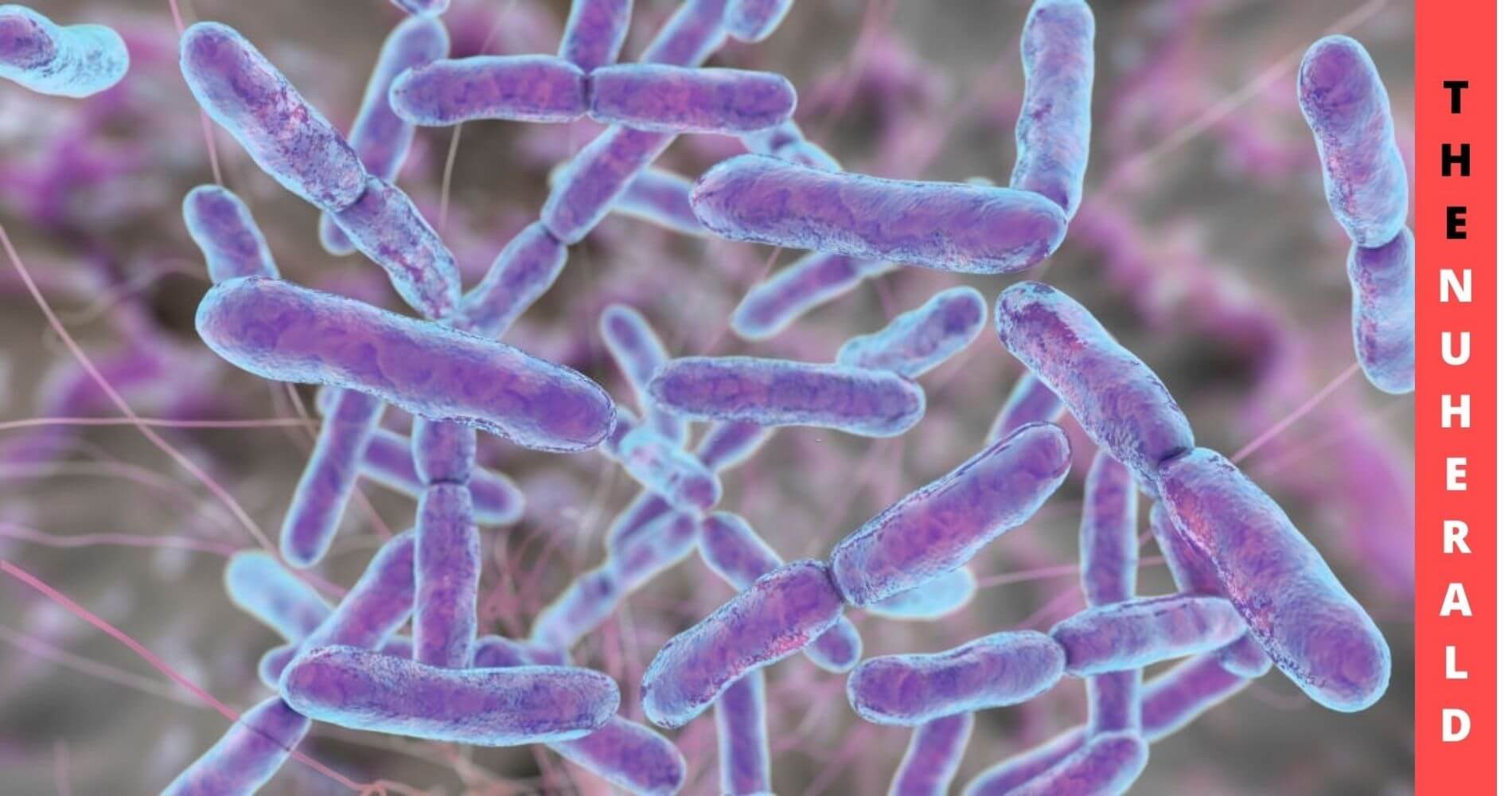COVID-19 is still imposing unexpected challenges to the whole of the World. Even after so many efforts and hardships, the halt of the pandemic can never be found. A novel clinical study is now expected to produce a light ray on suppressing the infection symptoms.
LGG-Based Probiotics Can Now Suppress Covid-19 Symptoms
A team of researchers from the United States has found that Lactobacillus rhamnosus GG-based probiotics intake can act as a supplement to fight against the virus, post-SARS-CoV-2 infection.

Probiotics are a product composed of helpful and safe microorganisms like bacteria and yeast naturally present in our gut. Probiotics are taken by both unhealthy and healthy patient, as it helps in
- Treating diarrhea.
- Boosts immunity.
- Diminishes allergies and inflammation.
- Improves mood disorders.
- Helps in weight loss.
- Maintains heart health.
- Reduces the risk of cancer.
The main aim of the research performed by them was to examine the effects on the formation of symptoms post COVID-19 infection on daily intake of Lactobacillus rhamnosus GG-based probiotics.
Study researchers said: ‘LGG is found to increase the time of symptom development in the body after the infection. Diminished symptoms post-exposure to the virus and changes in the gut microbiome of the participants were observed. Most examinations are required to exactly define the effectiveness of LGG probiotics in the patients. Preventive effects of LGG are expected to study with Pre and post-exposure to the infection. ‘
Lactobacillus rhamnosus GG-based probiotics are gut-friendly and this type of bacteria is found mostly in our intestines. It plays a major role in the treatment of respiratory inflammations and other lung-related disorders which paved the way to fight against COVID-19. Lactobacillus rhamnosus GG bacteria is commonly found in fermented foods like kimchi, miso, tempeh, and sauerkraut.
This US-based experiment was conducted based on the following three types of trials. They are:
- Randomized trial
- Double-blind trial
- Placebo-Controlled trial
This research was performed with 182 participants, who were in contact with COVID-19 patients. Those individuals were of different ages and gender. These participants were segregated into two groups: One was given the probiotics and others placebo for 28 days. Microcrystalline cellulose was used in the patients as a placebo. Their stools were collected for further analysis in the study.
The idea of the study was to find decreased or diminished symptoms in the participants intaking LGG probiotics compared to placebo. The idea of decreasing the positive cases through LGG probiotics was also considered.
A previous study published in the Nutrition Research journal found the role of Lactobacillus and Bifidobacterium bacteria-based Probiotics against COVID-19 that provided positive results and attracted researchers worldwide to perform sequel research on this. This study was conducted by Singh, K. et al in 2021.
The results of this LGG based probiotic research were found in union with the researcher’s expectations. People who took LGG probiotics showed up fewer symptoms for 28 days than the placebo. LGG was found to extend the time of infection onset.
LGG was found to mitigate the infection from spreading to the respiratory tract. It involves relaxing the inflammation caused by the virus to the patients and is now found to decrease the risk caused by COVID-19.
The future study goal is to proceed with pre-exposure and post-exposure effects of LGG probiotics in the body of patients and to ensure that this serves as a potential cure for the present and upcoming pandemic infections.
Duke Microbiome Center and private philanthropic donations have funded this study published in bioRxiv. This clinical study was performed by a group of researchers from Duke University and the University of North Carolina. The authors and Co-authors of the paper are Alexandra Artica, Anne Britt, Claudia E. Pamanes, Amy Bush, Paul E. Wischmeyer, Helen Tang, Hilary M. Miller, Yi Ren, Julia A. Messina, Lauren Bohannon, David Jensen, Aaron T. Zhao, Zeni E. Ramirez, Julia A. Sung, Tessa M. Andermann, Sin-Ho Jung, Ernaya Johnson, Meagan V. Lew, Alessandro Racioppi, Neeraj K. Surana, and Anthony D. Sung
